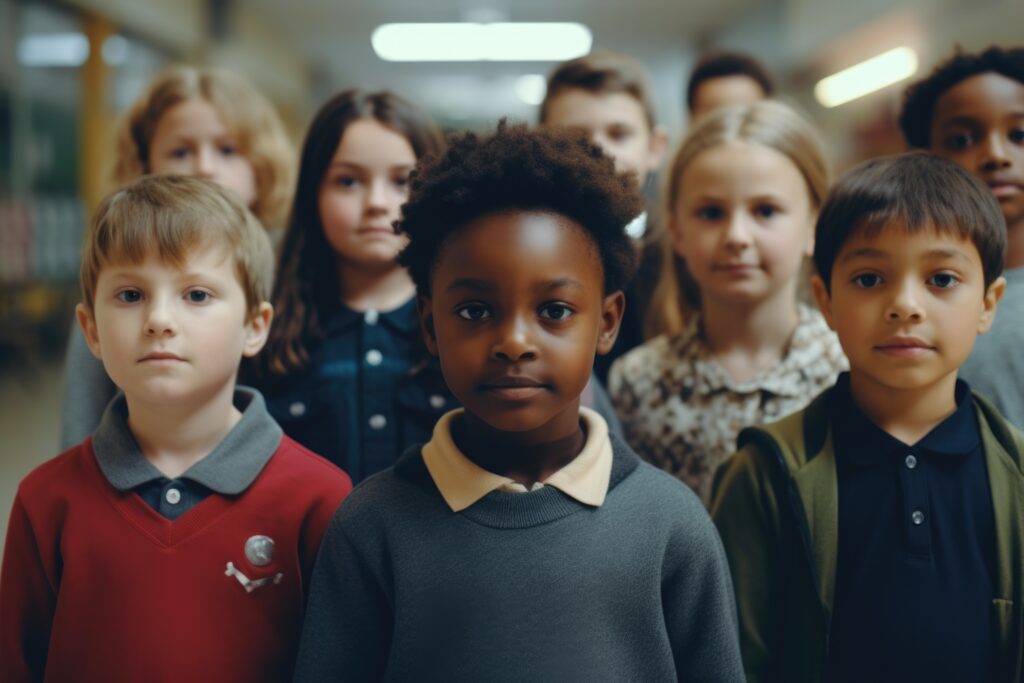In an increasingly interconnected world, children are inevitably exposed to news and discussions about war and conflicts. As a parent or guardian, navigating such conversations with children can be challenging. Here are 7 crucial tips to help guide discussions about war and its implications:
Create a Safe Environment: Ensure that the conversation takes place in a safe and comforting environment where the child feels secure. This can be in a familiar space at home or a quiet place away from distractions, allowing the child to express their thoughts and feelings freely.
Use Age-Appropriate Language: Tailor your language to the child’s age and comprehension level. Avoid using complex terminology or graphic details that might overwhelm or confuse them. Use simple and clear language to explain the basic concepts of conflict and war without delving into unnecessary details.
Encourage Questions: Encourage the child to ask questions and express their concerns. Be patient and address each question honestly and age-appropriately. Assure them that it’s okay to ask anything, and provide reassurance to alleviate any fears or anxieties they might have.
Emphasize Safety and Security: Reassure the child of their safety and the measures in place to protect them. Highlight the role of peacekeeping forces and diplomatic efforts in resolving conflicts. Emphasize that many people, including leaders and organizations, are working to promote peace and resolve conflicts.
Promote Empathy and Understanding: Encourage empathy by discussing the impact of war on individuals and communities. Help children understand the feelings and experiences of those affected by war, fostering a sense of compassion and a desire to contribute positively to the world.
Focus on Hope and Resilience: Highlight stories of resilience, hope, and reconciliation amidst conflict. Share positive examples of communities coming together to rebuild and heal after experiencing hardship. Discuss the importance of peace-building and cooperation in creating a better world for all.
Limit Exposure to Violent Media: Monitor the child’s exposure to violent or graphic media content related to war. Limit their access to news reports or images that might be distressing. Instead, encourage them to engage with more uplifting and educational content that promotes understanding.
Talking to children about war requires sensitivity, understanding, and a focus on fostering a sense of security and empathy. By following these tips, you can help children navigate complex topics in a way that promotes compassion, resilience, and a positive outlook for the future.
For help talking with your children about this or any other topic, WCWCW’s child & adolescent experts are here to help.





